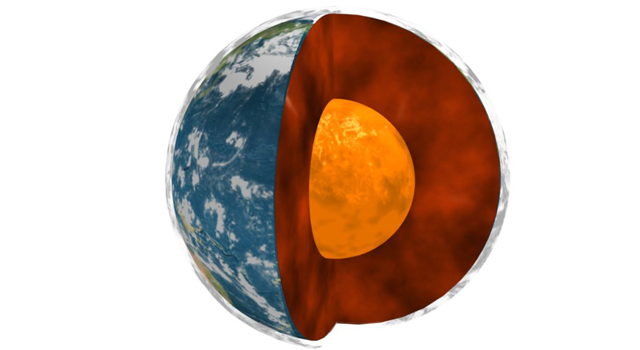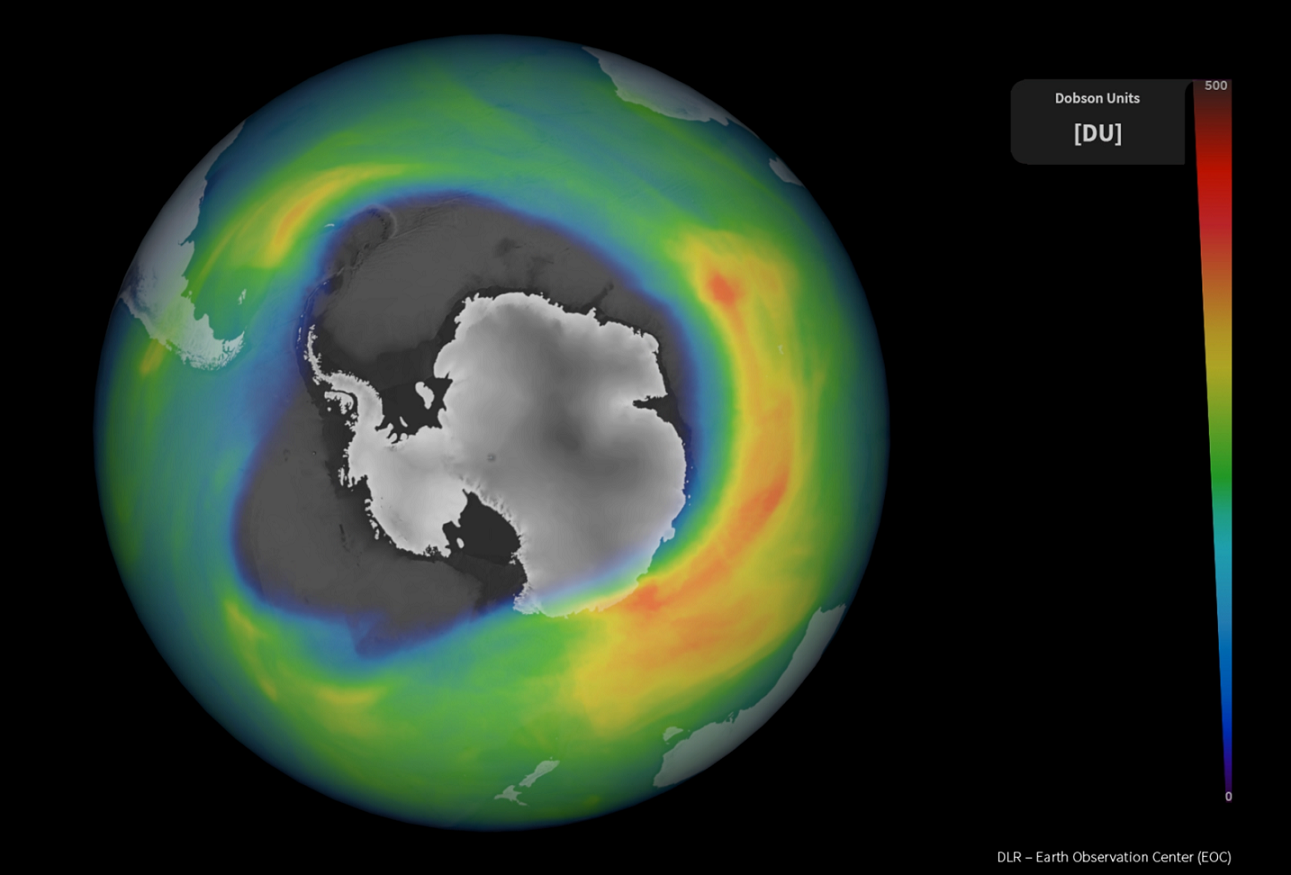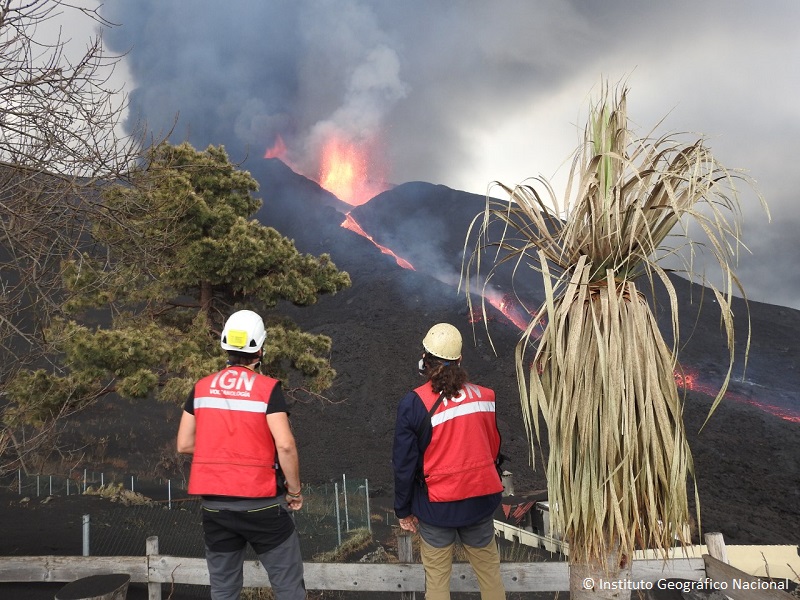The Earth's core has changed shape and rotation in recent decades
A study in 2024 described how the Earth's core had slowed down its rotation speed in recent decades. Now, the same international team of scientists adds that its shape has also changed over the last two decades. Until now, it was thought that both processes could not occur simultaneously. According to the researchers, who publish the results in the journal Nature Geoscience, the finding could improve our knowledge of the core's properties and structure.



